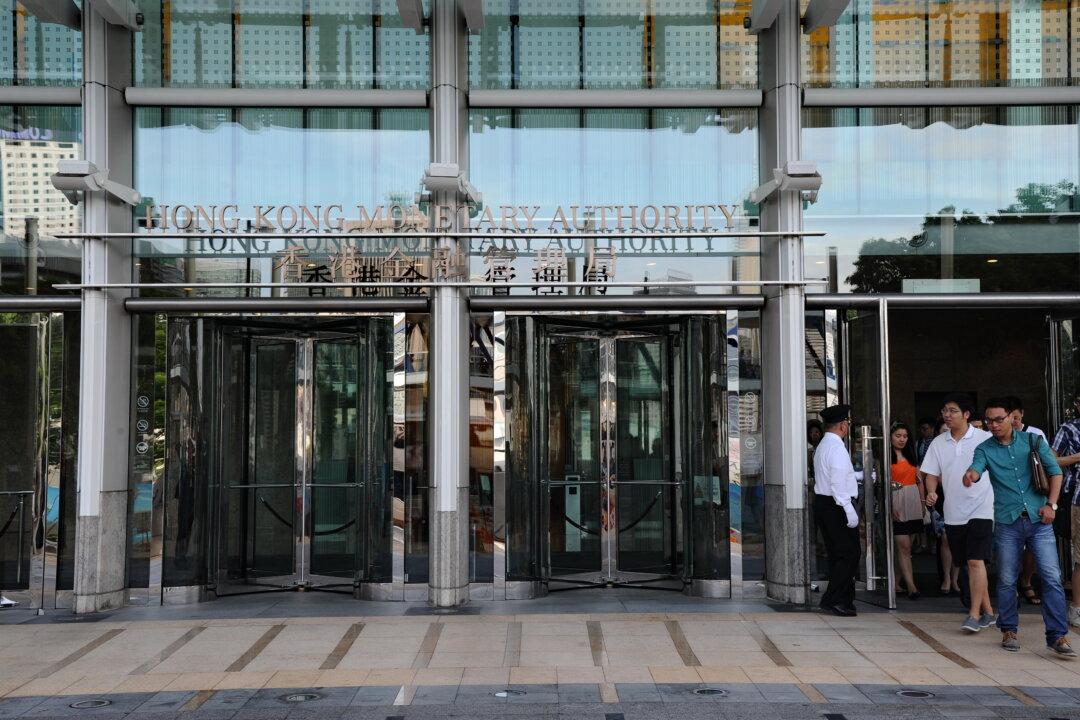Nearly 30 percent of Hong Kong’s foreign currency reserves are now accessible to Beijing after the People’s Bank of China (PBC) and Hong Kong Monetary Authority (HKMA) upgraded their currency swap line on July 4.
Upgrading the currency swap line to a standing arrangement was one of two new policies announced by the PBC and the HKMA last week. With no need for renewal, the size of the standing currency swap line has also been expanded by 60 percent, increasing from 500 billion yuan ($74 billion) to 800 billion yuan ($119 billion).





